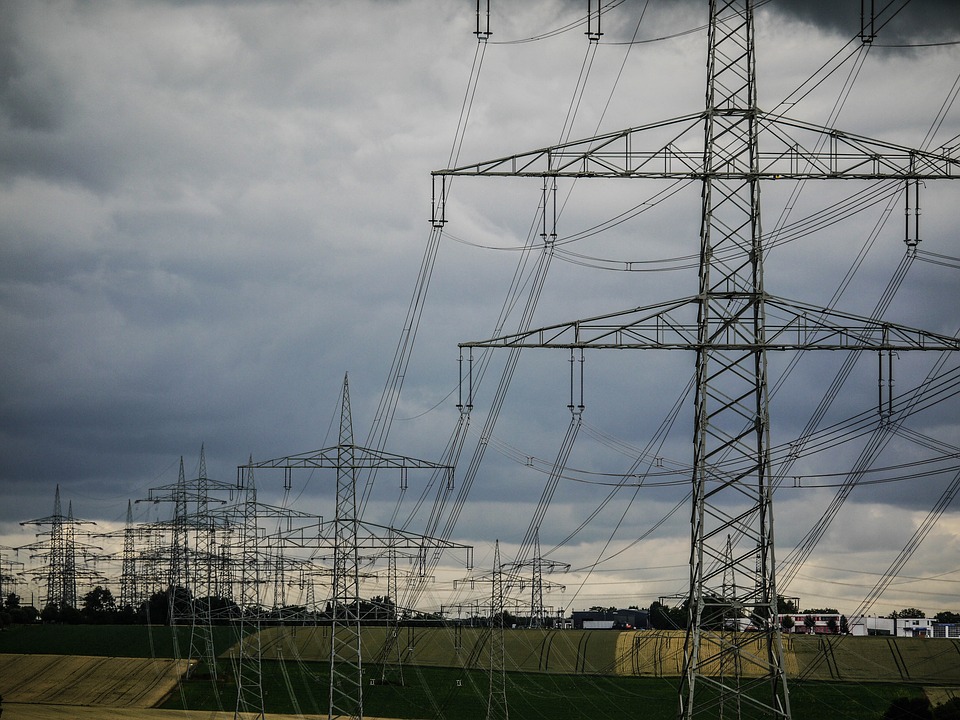Canada News
Ontario gas plant ‘gamed’ the system out of $100M, report finds

Energy Minister Glenn Thibeault’s office said Tuesday that Goreway had agreed to pay $100 million, and has so far repaid $91 million. (Pixabay photo)
TORONTO— A natural gas plant in Brampton, Ont., “gamed” the system and ratepayers out of approximately $100 million, a regulatory investigation found and it’s not alone.
The Ontario Energy Board quietly posted a report online last month that was largely complete about a year ago into Goreway Power Station, concluding it repeatedly exploited defects in the system over several years.
“The systems that are in place … have created opportunities for exploitation, to the serious financial disadvantage of Ontario ratepayers,” the OEB’s market surveillance panel concluded.
“The panel has frequently commented on the substantial inefficiencies and opportunities for exploitation that are associated with different elements of the design of the wholesale electricity market. Goreway’s conduct offers a clear illustration of some of these flaws and of the market’s vulnerability to exploitation by market participants.”
Goreway agreed to a settlement in 2015 with the Independent Electricity System Operator to repay a “substantial portion,” but the amount is blacked out in the report at Goreway’s request. Energy Minister Glenn Thibeault’s office said Tuesday that Goreway had agreed to pay $100 million, and has so far repaid $91 million.
The IESO bills local distributors for costs of power generated by companies like Goreway, which then get passed onto ratepayers. The money Goreway is repaying will go back to ratepayers through those utilities, IESO said.
The IESO said it audited nine power generators starting in 2011 and overall found about $200 million in costs it deemed to be ineligible. About $168 million has been recovered from the nine facilities, though the IESO would not disclose the other names “for confidentiality reasons.”
Ontario’s auditor general is set to report on the topic on Wednesday in her annual report, which covers whether the IESO and OEB’s oversight is sufficient and if generators are playing by the rules.
Goreway was also fined $10 million, but it said through a lawyer in a letter attached to the report that it disagrees with many of the conclusions, including suggestions that it gamed the system or deliberately misled the IESO.
Thibeault’s office said the IESO discovered the issues with Goreway early on and senior leadership at the company have since been replaced.
“Our system operator has implemented rule changes that further address the issues and recommendations highlighted in the panel’s report,” the minister’s office said in a statement. “Our system operator is also implementing broader and more fundamental changes to the electricity market through market renewal.”
The Progressive Conservatives cried foul that an executive from Goreway was the chair of an IESO’s panel working on that market renewal. Economic Development Minister Brad Duguid said the executive resigned that post on Friday.
Goreway said in a statement Tuesday that it engaged in the IESO’s “exhaustive audit process” and voluntarily reimbursed the money.
“The company has worked closely with the IESO to ensure that its submissions going forward are consistent with the IESO’s requirements, and Goreway has taken steps to enhance its internal controls and compliance oversight,” the company wrote.
Both the Progressive Conservatives and the NDP slammed what they called a lack of transparency in this case, from the long-awaited and not well-publicized report findings, to information withheld at the company’s request.
The bulk of the approximately $100 million came from exploiting defects in a so-called cost guarantee program, the report said.
Plants such as Goreway don’t operate 24 hours a day, so the program in question guarantees the facilities a certain amount of money whenever the system needs it to start up to cover those costs.
“Goreway routinely submitted what were obviously inappropriate expenses to be reimbursed by the IESO, and ultimately borne by Ontario ratepayers” of at least $89 million, the report said.
The guarantee of start-up costs “creates little or no apparent incremental reliability benefit” and “lends itself to opportunities for exploitation,” the OEB panel wrote.
The IESO is addressing that, the panel acknowledged, though a solution is likely many years away.





















